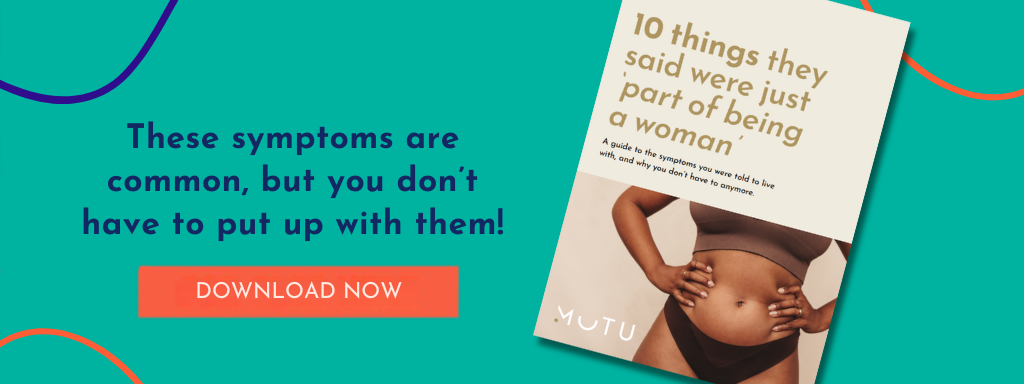How the MUTU NHS Trial came about
In early 2020 the Operational Lead Specialist Physiotherapist for the Pelvic and Maternal Health Physiotherapy Team at Norfolk & Norwich University Hospital (NNUH) NHS Trust asked MUTU to help provide digital care and guidance to patients unable to attend face-to-face appointments due to the pandemic.
The MUTU NHS Trial provided the MUTU System programme to women who had presented to the Pelvic and Maternal Health Team in pregnancy or postnatally, particularly those with diastasis of the rectus abdominus muscles (DRAM).
110 expectant and new mothers participated in the MUTU NHS Trial doing the MUTU programme, between April-July 2020, to assess the efficiency and effectiveness of digital postpartum care during and after the pandemic. The trial ensured maternity patients received safe and credible pelvic health solutions and postnatal rehabilitation during the lockdown.
The study was also designed to analyse the efficiency and effectiveness of enrolling maternity patients at a major UK NHS Trust to a clinically proven digital postpartum programme to provide data for consideration for future rollout to NHS Trusts.
Topline Results of MUTU NHS Trial
- 96% of women saw improvement in bladder weakness
- 91% saw diastasis recti improvement
- 95% felt better about their body function
- 76% of women claimed to feel physically stronger
- 59% more self-confident and mentally stronger
The NHS physiotherapy team were especially impressed with the women’s compliance to the at-home programme during the MUTU NHS Trial.
Actually ‘doing the exercises’ is often cited by NHS physiotherapy workers as a barrier to full recovery, and the clear instruction and user experience of MUTU, as well as the engaged private community with expert assistance when they needed it, had a hugely positive impact.
Further Notable Findings:
100% of respondents who couldn’t locate their pelvic floor muscles prior to starting MUTU, could do so by week 3
100% of the respondents who spoke about prolapse symptoms saw an improvement by Week 3 of using MUTU System
Of the respondents who experienced pain or discomfort during sexual intercourse, 90% had experienced an improvement by Week 9, and 93% by Week 12.
It was also noted that the number of women experiencing painful intercourse, or prolapse symptoms was higher at this early stage of motherhood than expected. Usually, these women are not referred until much later, or they don’t come forward at all.
By acknowledging and tackling these distressing postpartum symptoms earlier with MUTU, demand on NHS physiotherapy resources is positively impacted.
Lucy Eggleton, Lead WH Physiotherapist said:
“The results from the trial have been really interesting as, although the women were referred predominantly with diastasis being their main postnatal symptom, many were also experiencing other distressing postnatal symptoms such as pelvic organ prolapse, incontinence or pain on resuming intercourse.
It has been great to see that so many women have found relief from these symptoms through participating in the MUTU programme alongside physiotherapy and moving forwards this will be a programme we are happy to support and refer our patients onto.”
“…In a time of such difficulty when so many new mothers have felt isolated and unsupported, it was brilliant to be able to team up with Wendy and the MUTU System to be able to run a clinical trial… We have been so impressed with the feedback and results, seeing women restored back to full health and function.”
MUTU is approved by ORCHA and NHS Digital for the NHS Apps Library. For more clinical and survey evidence for MUTU System, see our MUTU Evidence or full Medical Reference pages.
For NHS or overseas medical professionals, hospitals and Trusts interested in more detailed results and to discuss MUTU in your practice, setting or Trust, please contact MUTU Ceo, Wendy Powell. Wendy is a 2021 shortlisted NHS Innovation Accelerator Fellow and NICE stakeholder.












